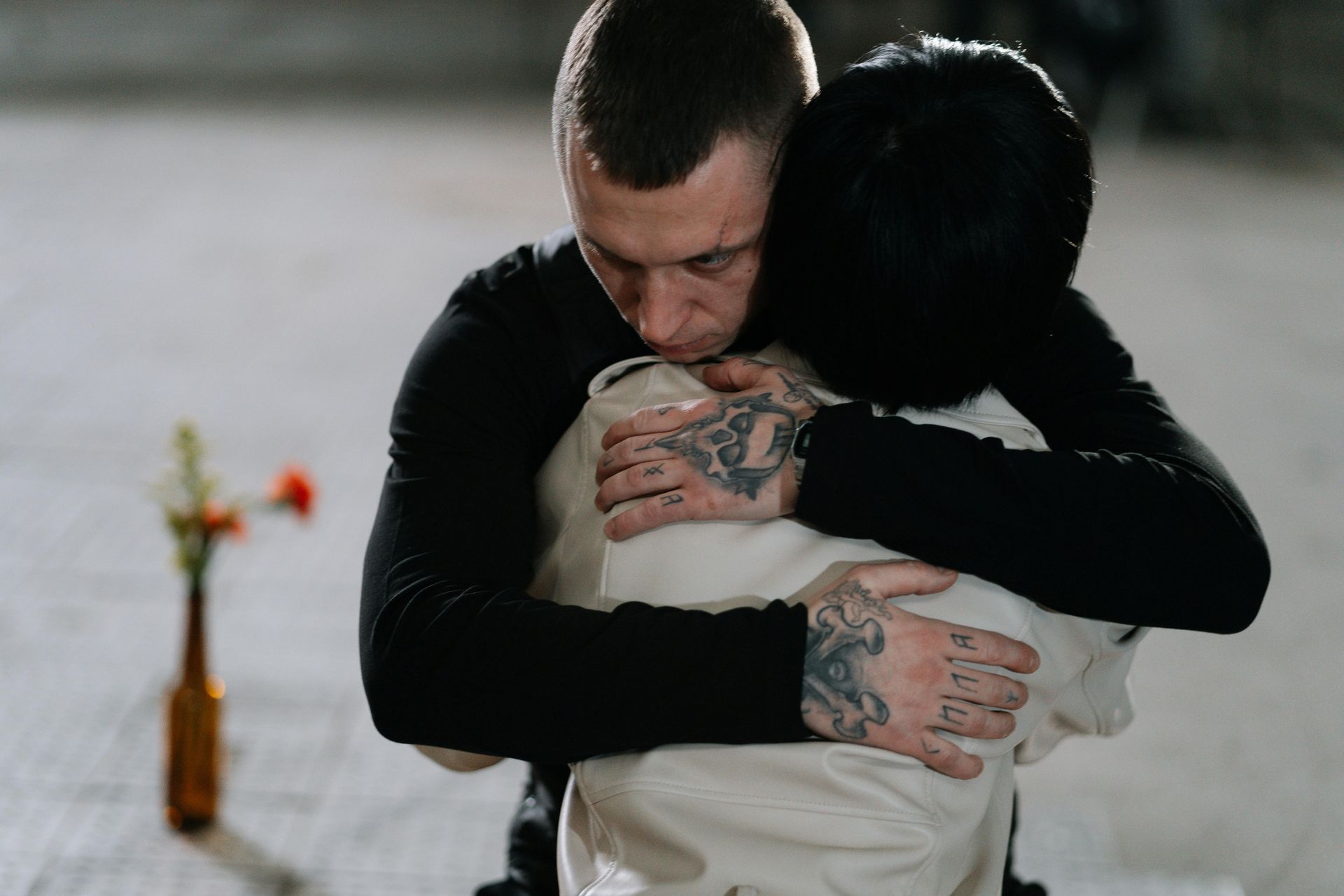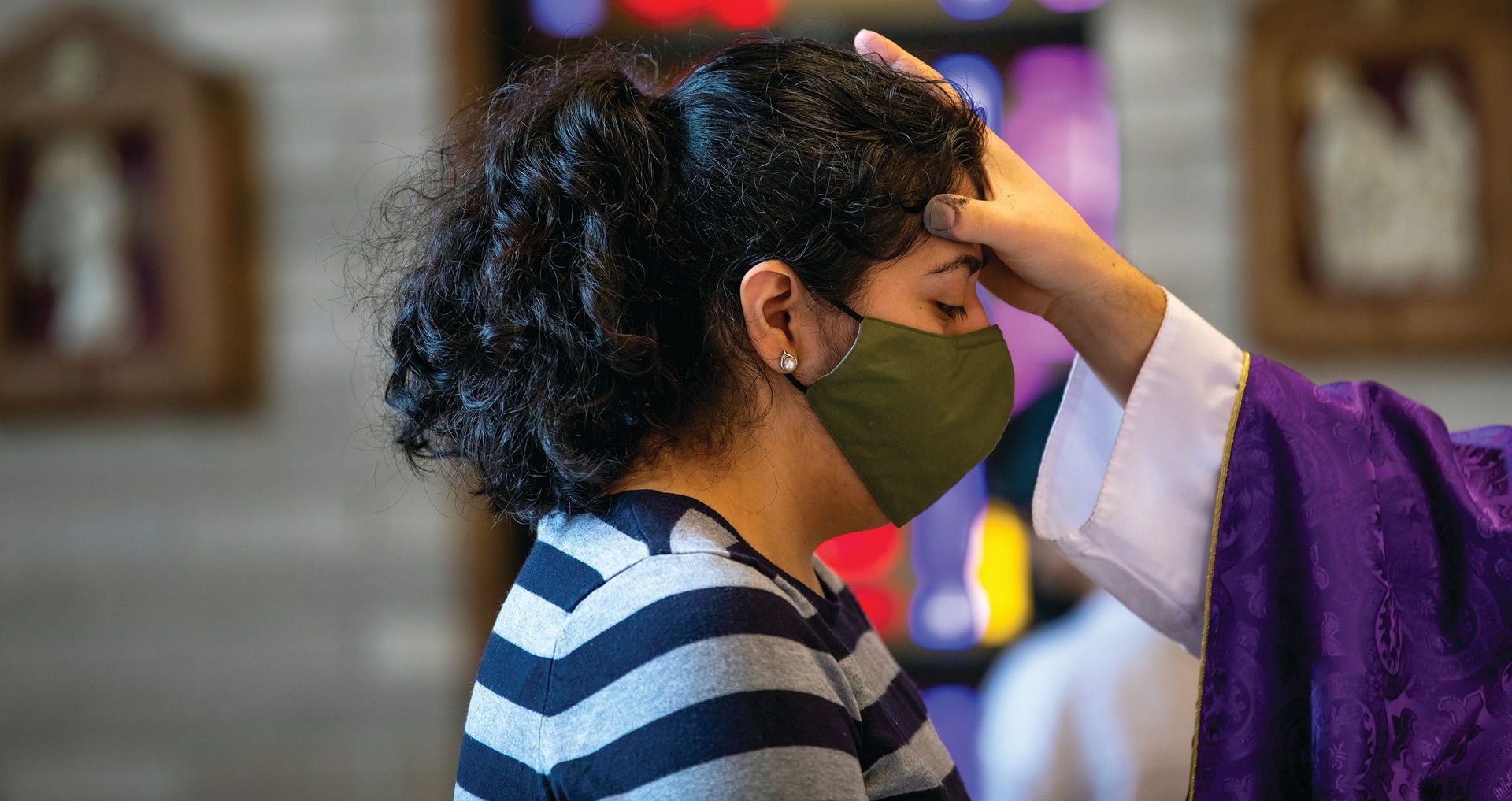Transforming Experience of Lenten Season
The Lenten season is a blessed time during which we reflect and pray over the passion and death of our Lord, Jesus Christ. It is a unique time in the liturgical year which encourages us to slow down and make a spiritual effort to fast, pray, and help others. This makes sense when we grow and make progress in our spiritual life at the same time. It makes even more sense when we experience positive change moving away from evil to good. When we understand and take the Lenten season sincerely, it has a transforming effect on/in us. Accordingly, this positive change is necessary to truthfully experience the Risen Lord during Easter.
It is providential we reflect on the Transfiguration this Second Sunday of Lent. Transfiguration comes from the Greek word metamórfosi, which means change. In the gospel today Jesus went up to Mount Tabor and was transfigured before his disciples. His body and clothes were totally transformed, “his face changed in appearance and his clothing became dazzling white” (Luke 9:29). Today’s reading illustrates what Lent is about. Our effort like climbing a mount or even hill will be rewarded at the peak when we experience the Risen Lord. Additionally, transfiguration reminds us of our ultimate destination in heaven. Our body also will be transformed in heaven and become like the body of Jesus on Mount Tabor.
There are two great prophets who were present during the vision of the transfiguration, Moses and Elijah. Both of them spent their entire lives in the desert and were well known as prophets of the desert. They remind us we need a desert, detachment from our busy life, reflection, and prayer during Lent. We need to find a desert, special place and time for God, during our journey of Lent. This kind of personal desert makes our effort to grow spiritually more effective. Perhaps you noticed the theme in our church during Lent is about desert. There are not flowers and splendid decoration on the sanctuary. Also, there is no water in the baptismal font to remind us the necessity of a desert place during Lent.
Lastly, our spiritual effort and close relationship with God are very attractive. When we take it seriously and our effort becomes a habit of daily routine, we want to remain with God forever. At the end of the Transfiguration Peter suggested building tents to prolong his experience of the desert and the vision forever. He loved that place and moment. “Master, it is good that we are here; let us make three tents, one for you, one for Moses, and one for Elijah.” (Luke 9:33). Contrary to his offer Jesus asked his disciples to return to the town to meet the people. It is a good reminder and encouragement for us that our spiritual effort during Lent must be rooted in our daily realities. Whatever we decide to practice and offer during Lent, longer and more effective prayer, fasting or alms giving, our effort must be practical and include the needs of our neighbor. Our spiritual growth makes sense if it brings us closer to God and people.
Let us pray for each other to have a transforming experience during this blessed season of Lent.
Fr. Andrzej










